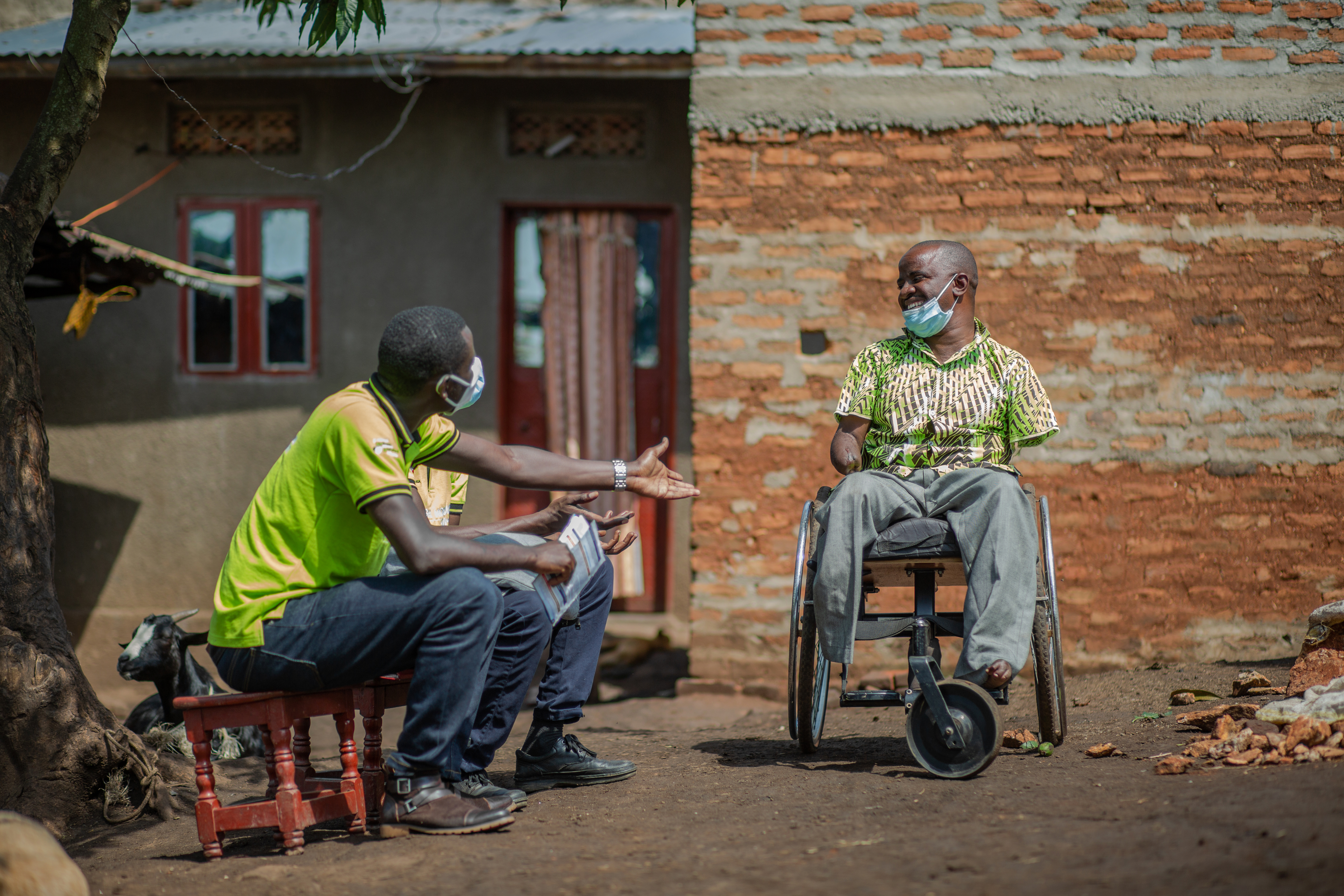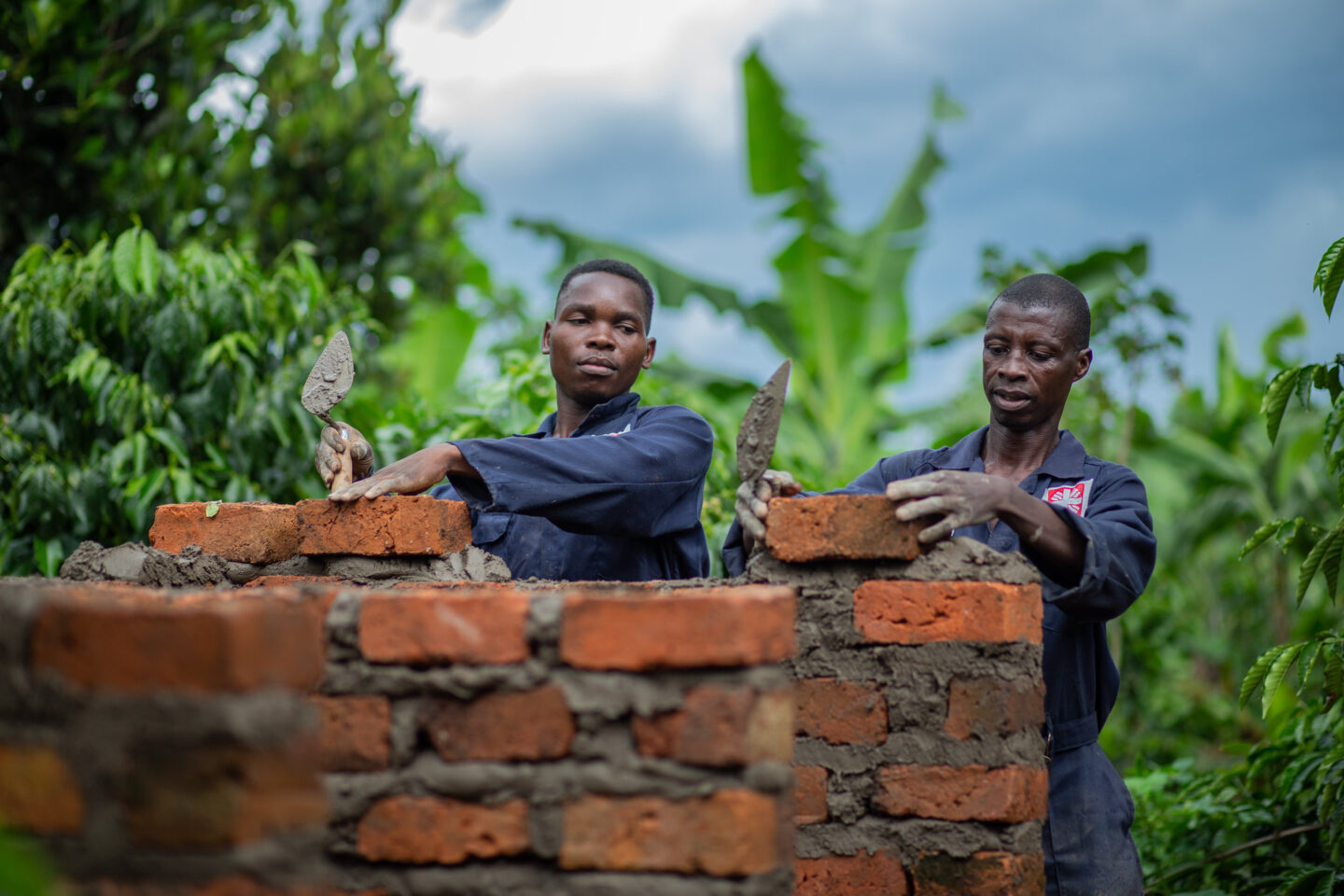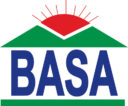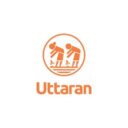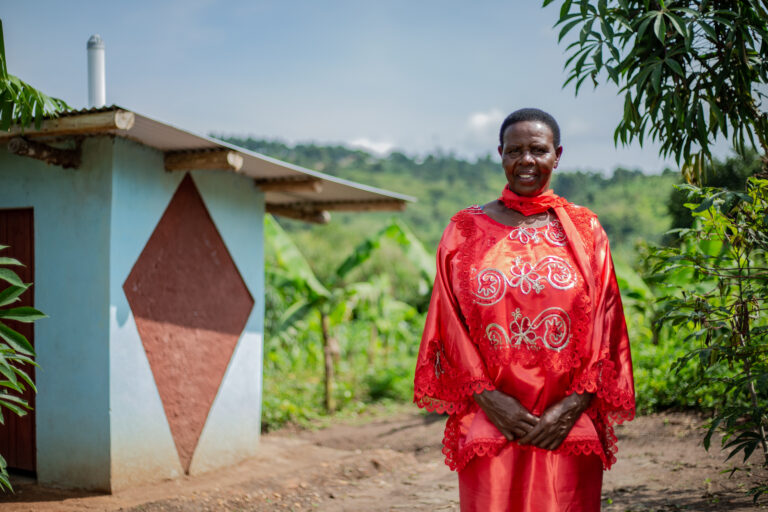

After the success of the FINISH programmes in India (2009) and Kenya (2013), FINISH has scaled-up and gone global, with as its single goal: sanitation-for-all.
In the first phase of our FINISH Mondial programme (2018-21), we set the stage by selecting key partners and identifying project areas. The FINISH Mondial programme (2021-25) is led by a consortium of founding partner, WASTE, in partnership with Amref Flying Doctors. The programme aims to reach 10 million people across 6 countries (Bangladesh, Ethiopia, India, Kenya, Tanzania and Uganda) with safely managed sanitation. How? Through financial inclusion and strengthening the supply side of sanitation, 2 million toilets will be constructed by 2025. This all, while containing and recycling 175,000 tonnes of faecal sludge. This will be realised by leveraging €40 million in grant funding at a ratio of 1:10, yielding €400 million in sanitation investments.
Learn more about our expertise in sanitation and faecal sludge management and innovative financing.
Activities for sanitation market development
Key steps taken include, but are not limited to:
- Engagement of local governments and local partners: Relevant partners are selected based on a standardised set of criteria. Global training modules and methodologies are adjusted to local standards and context of each country programme.
- Behaviour change at community level: Awareness is created and demand is generated for safely managed sanitation at the community level, building on previous methods like community led total sanitation (CLTS).
- Financial inclusion: Local financiers (banks, microfinance institutions, SACCOS, other grassroot financiers) are engaged to meet the created demand for sanitation by both households and sanitation entrepreneurs.
- Building capacity with the private sector: By training local masons to become sanitation entrepreneurs. Entrepreneurs profit from the increased demand for sanitation. We support them by linking them to suppliers of materials and assisting them with their business development.
As a result, the programme improves the quality and safety of sanitation services, reduces the cost of sanitation, and ensures proper disposal of the waste produced. The focus is on building local capacities to enable financial inclusion, sanitation business development, and the construction of safe sanitation systems.
Sustainability
The outputs from this project will be utilised in other projects of WASTE and its partners. In fact, the first phase of the FINISH programme (India 2009-18) is where WASTE and its partners developed the scaled-up ‘Mondial’ programme using WASTE’s Diamond Model. The programme scaled up to Kenya in 2013 and then Bangladesh, Ethiopia, Uganda, and Tanzania, in 2018. Moreover, using WASTE’s Diamond Model, the different levels of the enabling environment are evaluated using the FIETS (Financial, Institutional, Environmental Technical and Social) principles.the country programmes depend on each other for innovation and local knowledge sharing.
The FINISH Mondial programme is active from 2021-25.
